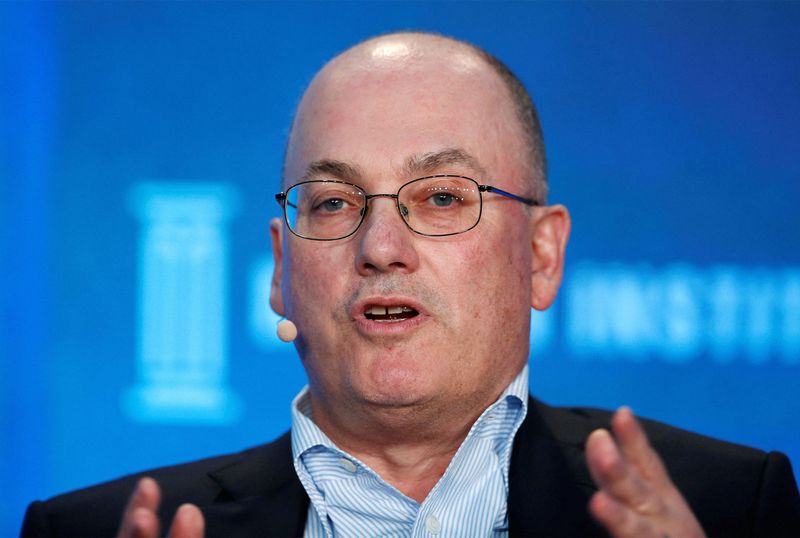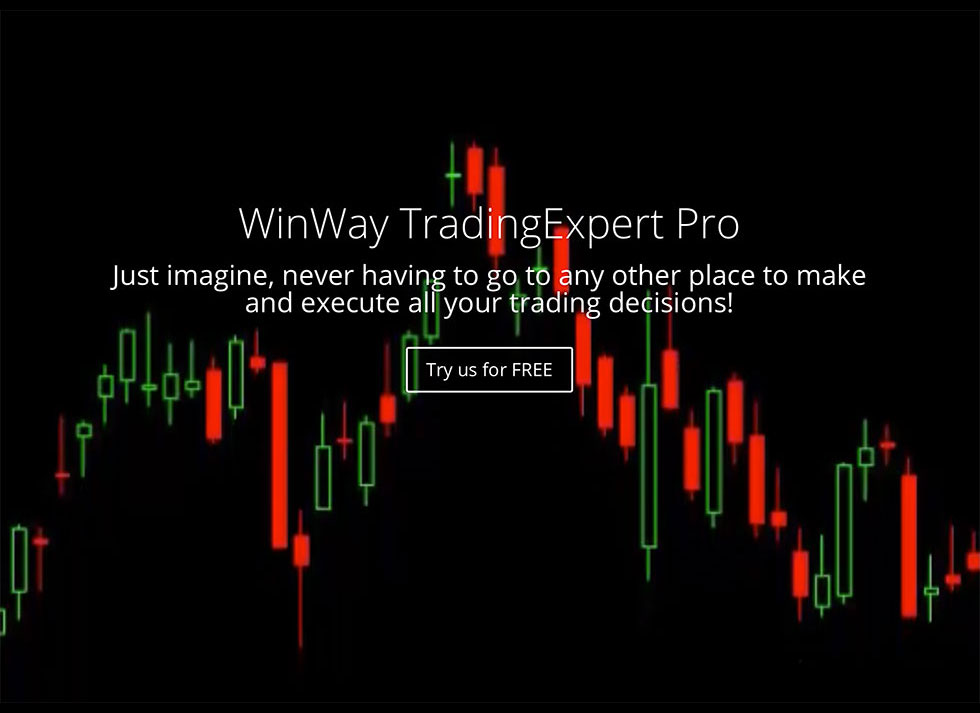Steve Cohen‘s alternative data goldmine which entails collecting, analyzing and aggregating “big data” has propelled Point 72, his flagship hedge fund, profits to 12.5% this year through August.
Today, most information technology investments are about managing and maintaining big data, which consists of extremely large data sets that may be analyzed computationally to reveal patterns, trends, and associations. Big data is currently being used to predict human behavior and interactions.


“Steve Cohen‘s alternative data goldmine which entails collecting, analyzing and aggregating ‘big data’ has propelled Point 72, his flagship hedge fund, profits to 12.5% this year through August”
Steve Cohen’s alternative data goldmine is providing positive results
By combing through geo-location data linked to anonymous credit card information, Steve Cohen’s Point72 detected a change in consumption patterns. When customers went to entertainment venue Topgolf for the first time, their spending at a nearby Dave & Buster’s went down immediately, said Matthew Granade, head of Point 72’s big data division at the CNBC Delivering Alpha conference in September.
So Steve Cohen’s alternative data goldmine which entailed geo-location data that was tied to anonymous credit card information led Cohen’s Point 72 to a profitable trading call, short Dave & Buster’s.

“Point 72 successfully shorted a few household names, the likes of Weight Watchers and Dave and Busters based on big data which Point 72 bought and combed through for trading opportunities”
But could Steve Cohen’s alternative data goldmine be a mind’s eye into the future on how future investors will use big data to gain a heads up?
Steve Cohen’s Point72, which manages $14 billion, is amongst the few hedge funds that are investing heavily on data sets and quants to improve their human trading. The results so far have been mixed.
Online social sentiment tied to credit card transaction led to another one of Steve Cohen’s alternative data goldmine calls
January, after the end of the festive season, when most overindulge in food and drink there is a trend to diet. So in January Point72 took a deep dive into social sentiment, they looked at online search and credit card transaction data to build an overall picture of Weight Watchers International Inc. Traders noted a decline in search and social media interest at Weight Watchers while offerings from Keto Diet, a competitor were gaining momentum.
In a few words, Steve Cohen’s Point 72 decided to short Weight Watchers, which turned out to be a profitable call.
“The world’s most valuable resource could soon no longer be oil, but data”
So could Steve Cohen’s alternative data goldmine be the holy grail of investing?
In the digital age, there is a wealth of big data on everyone.
Moreover, with cash likely to be phased out on the human animal farm every transaction will be tacked on the blockchain. So big brother’s big data is big business. The world’s most valuable resource could soon no longer be oil, but data. Spotting consumer trends in consumer habits is big business. JP Morgan estimates big data could reach more than $200 billion by next year.
Tomorrow’s winners could be those companies that have somehow figured out how to turn big data into profits.
Hedge funds go through the massive stream of data sets intending to find a few that gives them winning bets. Point72 talks to about 1,200 vendors a year but will purchase data from only 30 or 40 of them, Granade, the chief market intelligence officer, said on the sidelines of the conference.
“There is a tremendous amount of data that has to get sorted through, and that’s a huge part of the challenge” said Granade.
Training fund managers has been another challange. Point72 has hired “data evangelists” to help them understand how to use it. The firm also trains analysts in its academy in modeling, programming and accounting to ensure they have both investing and data skills.
“The vast majority of people on our platform, our discretionary investors, are using this data,” said Granade. “This was not true four or five years ago,” he added.
What is the full spectrum of big data in Cohen’s alternative data goldmine?
It is the type of big data that hedge funds are looking for. For example, Web scraped of Wi-Fi and Bluetooth connections. Capturing the signals that these networks emit can show “when and where new things appear in the world,” said Hugh O’Connor, director of data sourcing and partnerships at Eagle Alpha. This helps firms keep tabs on the number of video streaming devices or fitness trackers being used, the length of time consumers spend on them and their locations.
Data providers can also capture when a new car is driven out of the showroom if the car has Bluetooth enabled media.
Location tracking data can be pulled from smartphones to monitor foot traffic and potential consumers near retail hot spots. It can determine how many people are frequenting retailers, supermarkets and restaurants.
Monitoring App downloads, which is part of alternative data can also be monitored to see how popular they are, where they are occurring and when they are being used to make purchases.
“Credit card data can range from $150,000 to over a million dollars a year, depending on certain characteristics such as the level of granularity” – Goldberg, founder of Alternative Data Analytics
Twitter sentiment is also an element to Cohen’s alternative data goldmine being monitored
Steve Cohen’s Point 72 tracks key words or phrases on social media sites to gauge what consumers are thinking about the newest products from companies like Apple and Nike. This can be mapped to companies and provide clues about popularity of products or services.
Credit card data is a major feature of Cohen’s alternative data goldmine
This information is being used to track what and how much people charge and which sites accept online payment services. This data is the most expensive alternative data.
“Credit card data can range from $150,000 to over a million dollars a year, depending on certain characteristics such as the level of granularity” said Goldberg, founder of Alternative Data Analytics.
Cohen’s alternative data goldmine also consists of online job postings
Changes in salary and employee reviews of companies from sites like Glassdoor. This information could provide Cohen’s Point 72 with a heads up regarding a tech giants launch of a new product or service. Moreover, the removal of job postings can sometimes signal corporate distress.

















